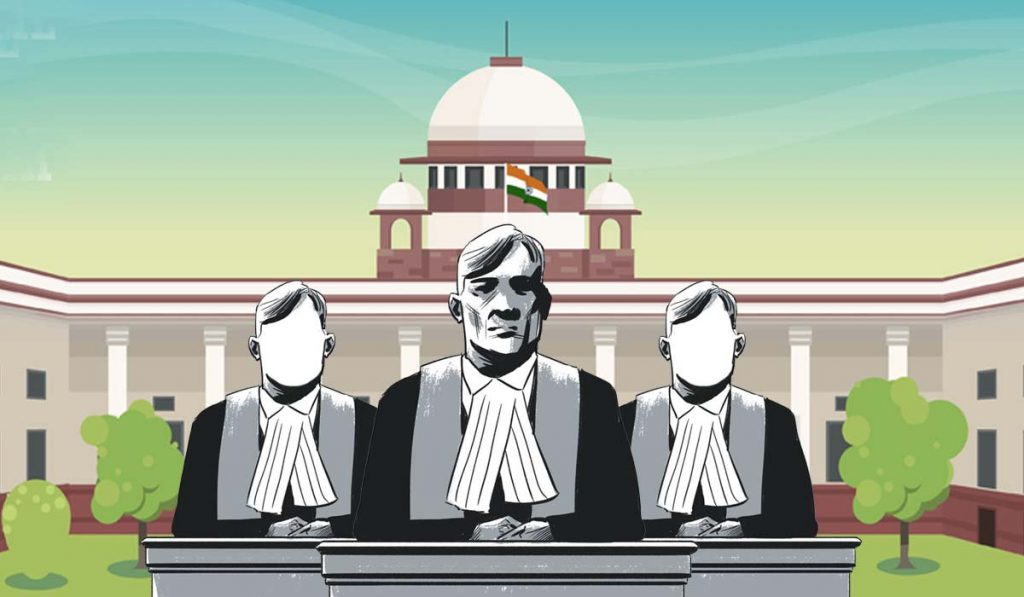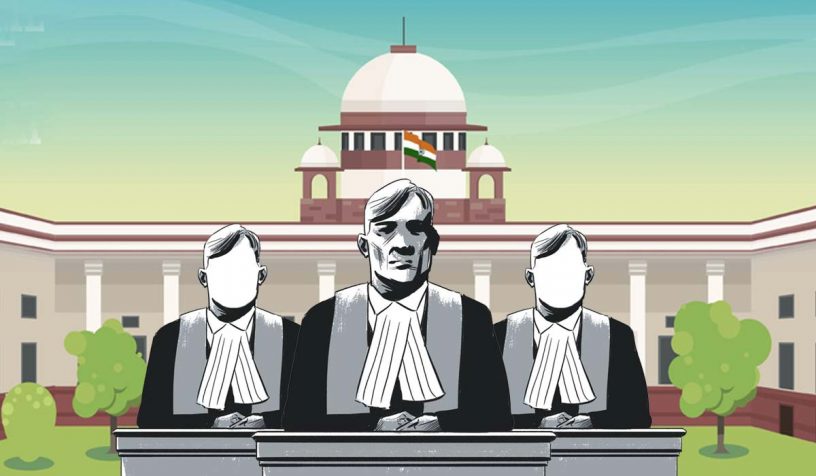
Highlighting the lacunae in the present judicially created law concerning judicial appointments, the researchers propose the idea of an “Emergency Collegium” and lay out its modalities.
Authors
Anujay Shrivastava, Law Graduate (Class of 2020) from Jindal Global Law School, O.P. Jindal Global University, Sonipat, Haryana, India.
Abhijeet Shrivastava, Law Student, Jindal Global Law School, O.P. Jindal Global University, Sonipat, Haryana, India.
Summary
From the constitutional history of judicial appointments in India, it is well-known that the manner and procedure in which judicial appointments happen today, is starkly different from the original judicial appointments procedure contemplated under the Indian Constitution.
Originally, judicial appointments to the higher judiciary (including appointments to the Supreme Court of India under Article 124 of the Constitution) were primarily the task of the executive, where the judiciary had no real say in the appointments to higher judiciary.
This dynamic saw a stark shift after the Second Judges’ Case and subsequent precedents, which tilted the power dynamics around judicial appointments to higher judiciary (i.e. Supreme Court and various High Courts) in favour of the Supreme Court, and also established a ‘Collegium System’ to govern such judicial appointments. However, a constitutional enigma revolving around Judicial Appointments still persists.
Should the Supreme Court be bereaved of most of its sitting judges and the total strength of the court reduce to less than five sitting Judges, the Collegium propounded by the Third Judges’ Case would come to a collapse. If such a scenario arises in wake of calamities such as the devastating effects of the ongoing COVID-19 pandemic, how would judicial appointments to the higher judiciary be made?
In this article, we seek to address this constitutional enigma, which is an unlikely but not an impossible or too remote a reality. We highlight the lacunae in the present judicially created law concerning judicial appointments.
Moving forward, we propose the idea of an “Emergency Collegium” and lay out its modalities. Subsequently, we highlight an alternative of ‘automatic elevation’ of pan-India senior-most High Court Judges and also forward criticisms against such an alternative.
Finally, we conclude by highlighting the necessity for a constitutional amendment or a ‘Fifth Judges’ Case’ to address this unresolved Constitutional Enigma.
Published in: Jus Corpus Law Journal
To read the full article, please click here.


